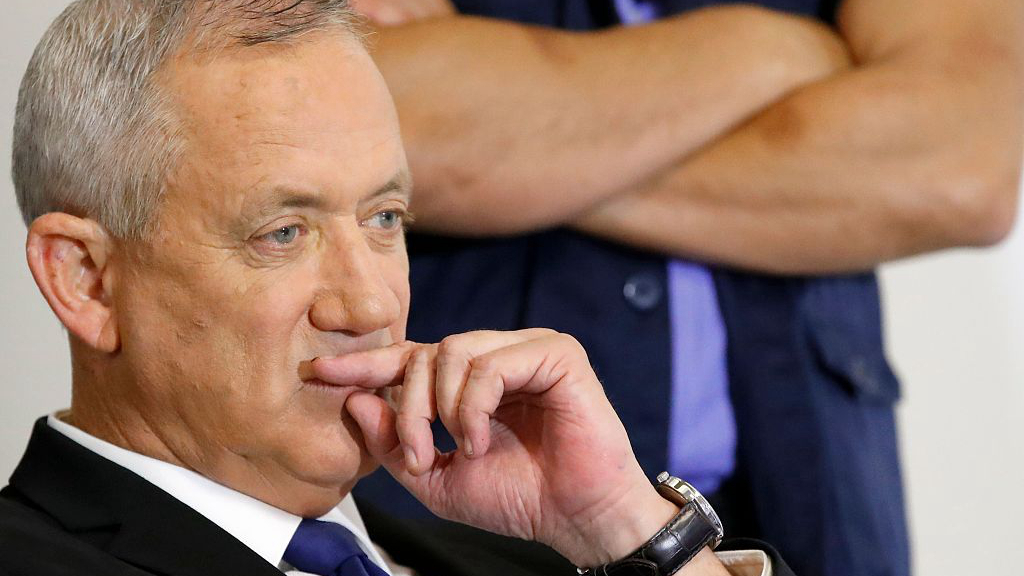Israeli president to start coalition consultations


Peace plan
There were only narrow differences in the two main parties' campaigns on many important issues, and an end to the Netanyahu era would be unlikely to bring significant changes in policy on relations with the United States, the regional struggle against Iran or the Palestinian conflict.
One uncertainty is the timing of US President Donald Trump's long-delayed Middle East peace plan, which was expected soon after Israel's election, but could unsettle a weakened Netanyahu if released during complex coalition negotiations.
On Friday, Netanyahu met Trump's outgoing Middle East envoy Jason Greenblatt, a chief architect of the plan.
Many political analysts are waiting to see how Netanyahu tries to prolong his political survival, not least to claim a public mandate in the face of possible corruption charges that prosecutors may bring within months. He denies wrongdoing, accusing his critics of mounting a witch-hunt.
In his election campaign, Netanyahu pledged to annex large swaths of the West Bank, territory Israel captured in a 1967 war where Palestinians seek a state along with Gaza and East Jerusalem. The move drew condemnation from world leaders as detrimental to achieving a lasting peace accord.
Gantz has urged redoubled efforts to restart peace talks with the Palestinians but stopped short of any commitment to the statehood they seek. He has spoken less concretely of Israel maintaining security control of the Jordan Valley.
Reuters
































